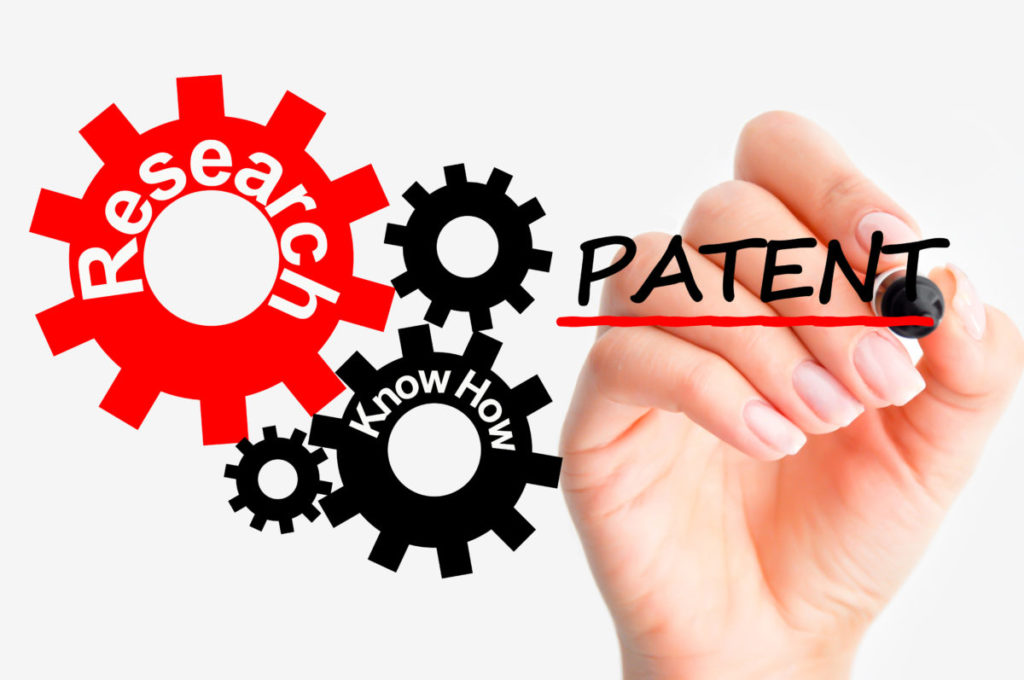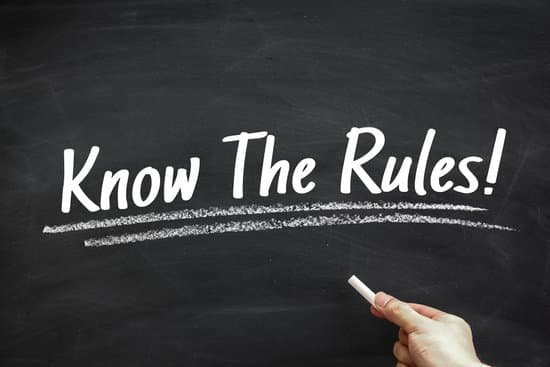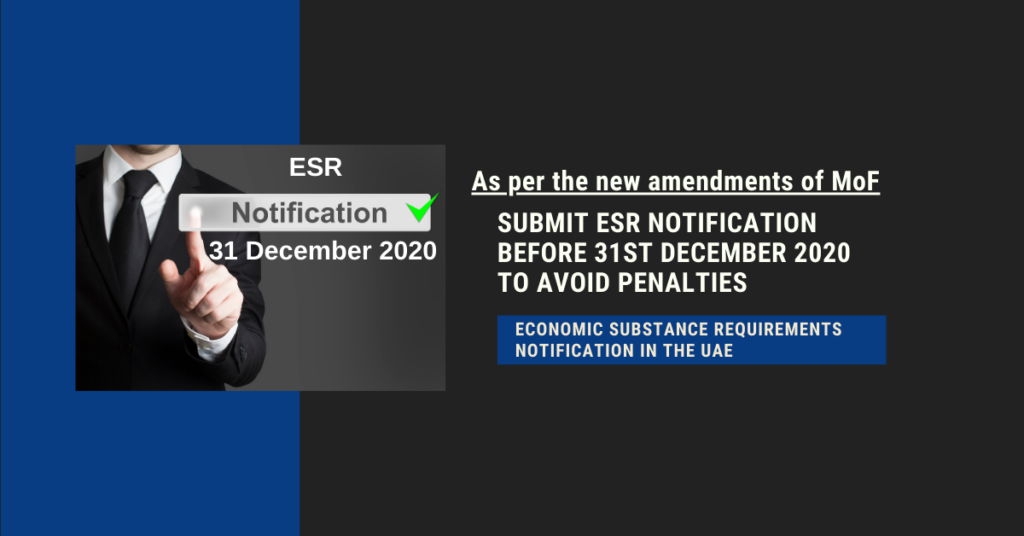United Arab Emirates, soon after its formation, took no time to realize the importance and beneficial aspects of Intellectual Property rights and became Party to almost all the major IP conventions and treaties and now follows International standards in the protection and prosecution of Trademarks, Patents, Copyrights, Designs and other IP rights.
UAE have an established, prompt and client friendly Patent office. The Application for registration of Patent are processed through a speedy, centralized online system. Once the application is filed, most important checks are conducted by the Patent Office, to figure out whether the application can be taken forward towards the next stage of registration. These checks imbibe the Patentability of an Invention.
What is a Patent?
Technically a Patent is a right or a license granted by a government authority or a licence conferring a right, entitlement or title for a set period of time, especially the Patent is a sole right to exclude others from making, selling or commercially exploiting an invention.
A Patent is a form and one of the most important component of Intellectual Property Protection. A patent gives its owner or holder the right to exclude others from making, using, selling, and importing an invention for a particular period of time, usually twenty years.
Patentability
Patentability of an invention is one of the most common questions any patent practitioner receives. The term relates to knowing as to what invention can be patented or whether an invention qualifies certain criterions to be eligible for the grant of Patent protection.
Within the perspective of a national or multidimensional body of law, an invention is patentable if it meets the relevant legal conditions or criteria to be granted a patent. Speaking in other words, patentability also refers to the applicable conditions that must be met for a patent to be issued or to be held valid.
Herein below I have mentioned the conditions that should be met by an invention to be granted Patent rights:-
- Novelty:-The matter or invention has to be new or novel, not know or used by others, the subject of the art or work should be different from the prior art and it should have never been patent in the history or has not been publicly disclosed previously by anyone.
- Non-Obvious-Inventive step:- The subject matter of the patentable invention or the newly added inventive step should not be easily predictable and should be sufficiently different from that has been used or described before. There should be some inventive step involved and it should be non-obvious to a person having ordinary skill in the area of technology related to the invention.
- Utility: – The subject matter must show some useful purpose and the invention must serve some purpose. The invention should be commercial exploitable.
Explanation to the concepts of Inventive step and Utility.
Inventive step: – Using the power generated from riding a bicycle to charge mobile phones is not an obvious use of bicycles, by implementing this technique in the year 2001, Kieron Loy obtained patents for the invention- “Pedal & Power”

Utility: – A time machine may be a great idea but unless an inventor actually creates one that truly allows people to travel in time, the simple idea of the time machine cannot be patented

An invention can be granted protection by the government authority once it fulfills the above mentioned criterions. After a Patent is granted, the inventor is received with exclusive rights towards the commercial exploitation of the Invention. By Virtue of the grant of the Patent rights, the inventor also empowers himself of the exclusive rights to stop others from copying, making, manufacturing or selling the invention.
What happens if an invention is not patented or protected?

There are certain risks which may be invited to the invention if the Patent protection is not obtained, some major risk can be listed as hereunder:
- Somebody else might patent them.
- Competitors will take advantage of your invention.
- Possibilities to the license, sell or transfer technology will be severely hindered.
- IP protection, in particular, patent protection, is crucial for
- acquiring technology through its licensing
Considering the above mentioned risks, it is always advised to get the Patent protection at the earliest moment of the completion of the invention.
We at Adam Global delivers a comprehensive range of Intellectual Property services through our dedicated professionals and experts. Our Regional/corporate Office in Dubai offers and specializes in multi-level corporate services related to IP protection and prosecution. Over the years Adam Global has carved a niche for itself as Global IP service provider in GCC region in particular and almost across the globe.
Shanavas is an Intellectual Property Expert and has an experience of more than 5 years in the field of Intellectual Property Protection and Prosecution. He is registered with the Delhi Bar Council and Bar Council of India and is based in Dubai, United Arab Emirates and works as an IP Consultant with a boutique IP and Corporate Consultancy Firm. Shanavas has managed the Trademark portfolio of various Private and Government undertakings in GCC and numerous multinational business organizations from across the globe which hails from different sectors. Shanavas has rich experience with key legal issues along with a wide knowledge of legal concerns related to Intellectual Property Rights, Contracts, Business Laws, Incorporation Laws and rules related to due diligence. He can be directly contacted at:



